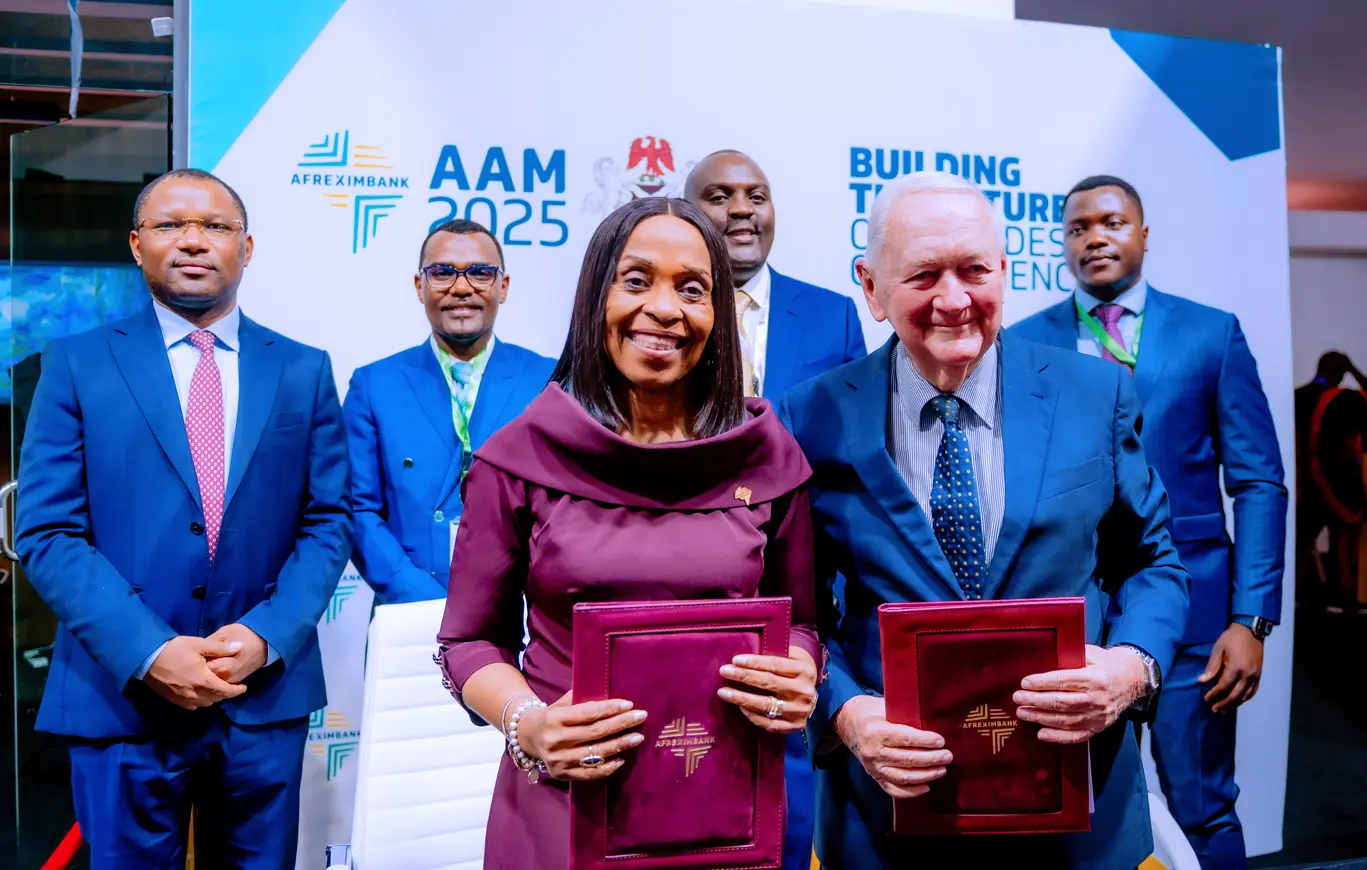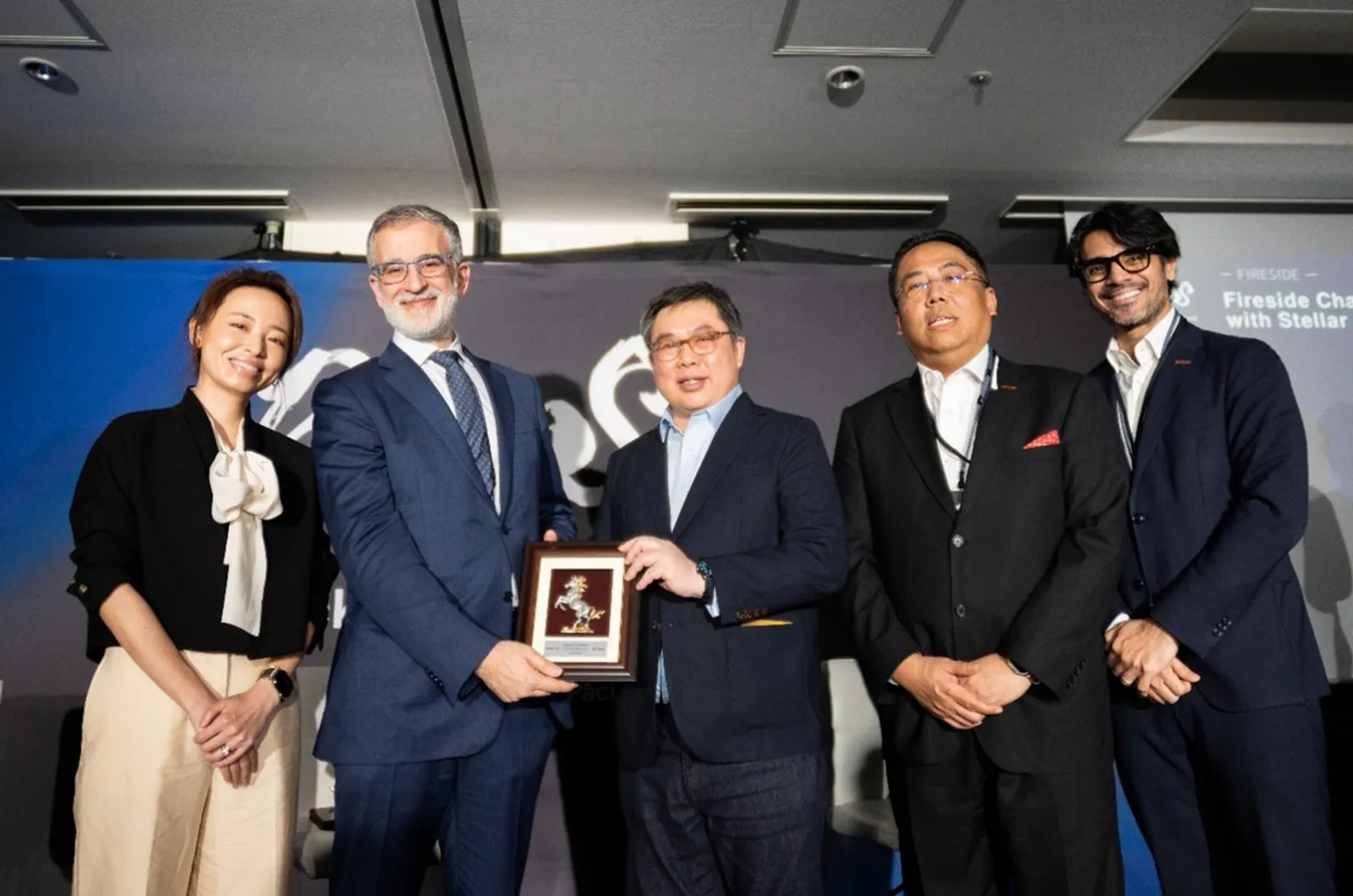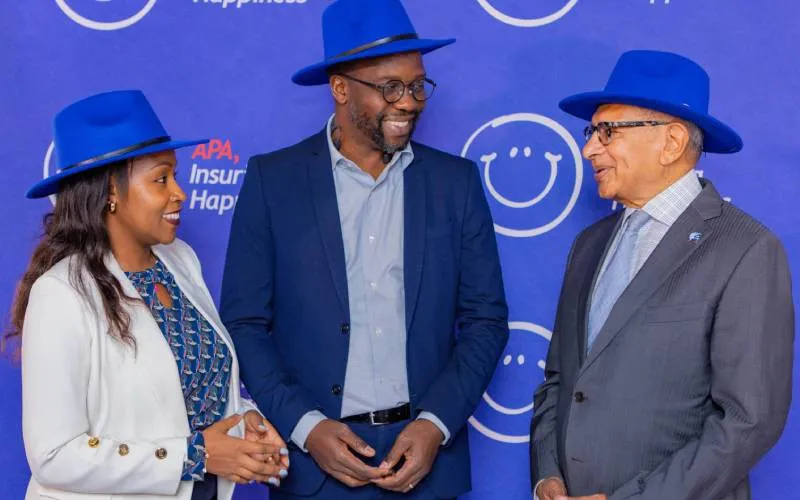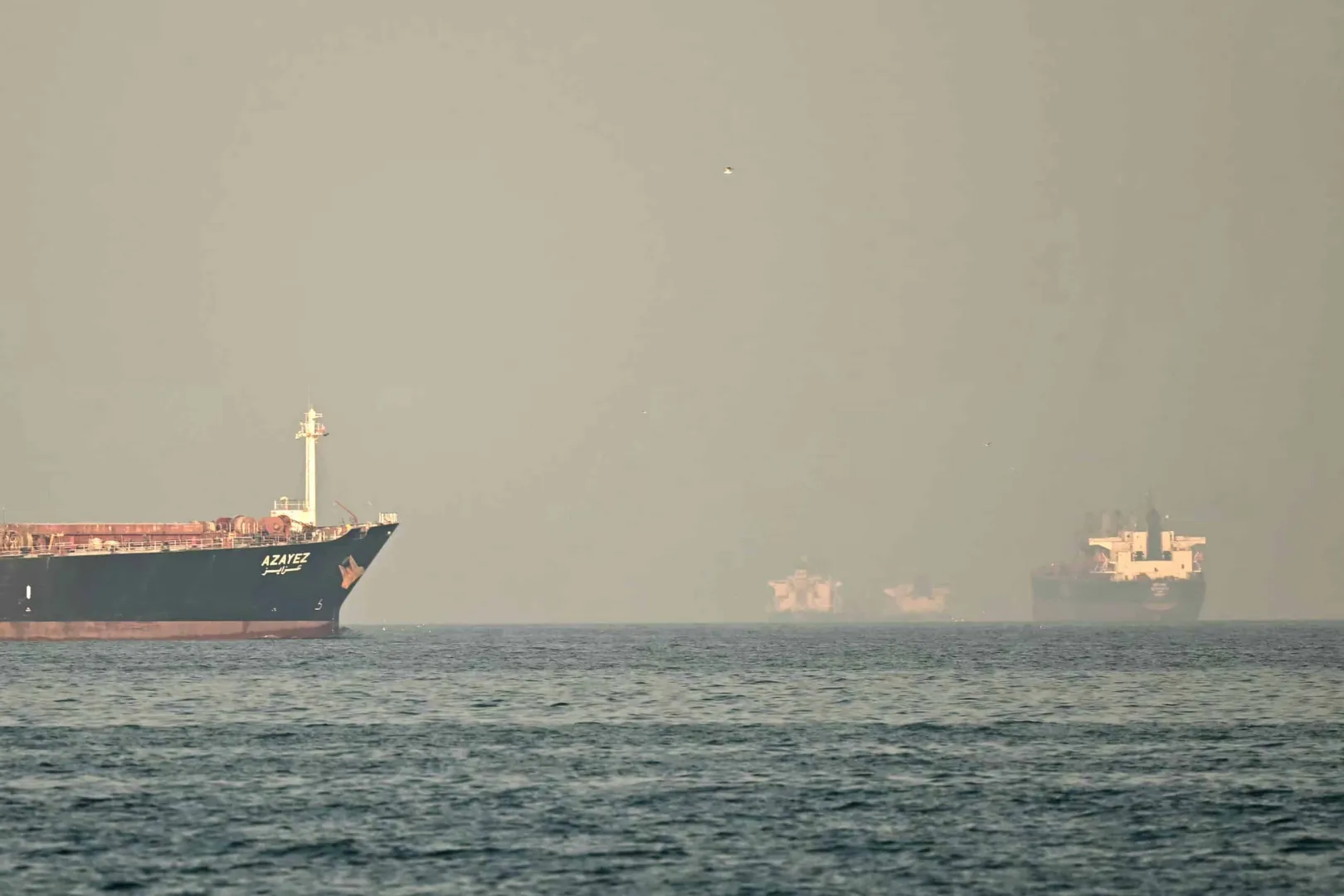The 32nd Annual Meetings of the African Export-Import Bank (Afreximbank), known as AAM2025, recently concluded with a resounding declaration of commitment to Africa’s economic transformation. A series of impactful deal signings during the event underscored Afreximbank’s proactive role in de-risking and accelerating critical infrastructure and industrial projects across the continent. Four significant project preparation transactions were finalized between Afreximbank and various partners, collectively expected to unlock approximately US$1.0 billion in follow-on investments. This substantial pipeline of funding is strategically directed towards early-stage development in key sectors across Malawi, Kenya, Zimbabwe, and Nigeria, laying the groundwork for sustainable growth, enhanced trade, and increased self-sufficiency.
These agreements are not merely financial transactions; they represent a strategic blueprint for fostering industrialization, improving healthcare access, bolstering energy security, and diversifying economies across Africa. By focusing on the crucial “project preparation” phase, Afreximbank addresses a fundamental challenge in African development: the scarcity of bankable projects ready for investment. This proactive approach aims to bridge the gap between promising ideas and investable opportunities, thereby attracting the much-needed capital for large-scale development.
Afreximbank’s Strategic Vision: Catalyzing Intra-African Trade and Industrialization
At its core, Afreximbank operates with a clear and ambitious mandate: “to stimulate a consistent expansion and diversification of African trade so as to rapidly increase Africa’s share of global trade.” Established in 1993, the Pan-African multilateral financial institution has consistently deployed innovative instruments to deliver financing solutions that support the structural transformation of Africa’s trade. Its strategic pillars—promoting Intra-African Trade, facilitating Industrialization and Export Development, strengthening Trade Finance Leadership, and improving Financial Performance and Soundness—guide its operations and investments. The deals signed at AAM2025 are a direct manifestation of these pillars, particularly the drive towards industrialization and export development.
A key instrument in Afreximbank’s arsenal is its Project Preparation Facility (PPF). The primary objective of the PPF is to provide crucial support across all project preparation cycle activities, including project definition, feasibility studies, advisory services, and ultimately, project marketing and fundraising. This facility is designed to provide technical assistance and financing during the early, often high-risk, stages of project development. Many promising projects in Africa fail to attract financing because they lack detailed feasibility studies, robust financial models, or clear legal and regulatory frameworks. The PPF steps in to bridge this gap, transforming nascent ideas into “bankable” projects that are attractive to a wider range of investors, both local and international.
By de-risking projects at their foundational stages, Afreximbank significantly enhances their prospects for attracting the larger, long-term investments required for implementation. This approach is vital for unlocking the continent’s vast potential in sectors ranging from energy and infrastructure to manufacturing and agro-processing, which are critical for sustainable economic growth and job creation.
A Billion-Dollar Bet: Unpacking the Key Agreements
The four project preparation transactions signed at AAM2025 represent a diverse portfolio of strategic investments, each tailored to address specific developmental needs and opportunities within the respective nations.
Empowering Malawi’s Diversification: The NBS Bank Partnership
In one notable agreement, Mrs. Kanayo Awani, Executive Vice President, Intra-African Trade and Export Development at Afreximbank, and Mrs. Temwani Simwaka, CEO of NBS Bank Plc (NBS), Malawi, signed a Joint Project Preparation Facility Framework Agreement. This partnership is designed to pool resources, providing early-stage project preparation financing to take initiatives from pre-feasibility to bankability. This collaborative model is particularly significant for a country like Malawi.
Malawi faces significant economic challenges, including high poverty rates, reliance on rain-fed agriculture, and vulnerability to climate shocks. Diversifying its economy and strengthening its industrial base are critical for sustainable development. The partnership with NBS Bank Plc, a prominent local financial institution, is crucial because it leverages local market knowledge and strengthens domestic financial capacity. NBS Bank has been actively engaged in leadership development and capacity building to drive its growth and expansion, making it an ideal partner for Afreximbank’s vision of empowering local institutions.
The agreement aims to de-risk and advance projects across a broad spectrum of sectors vital for Malawi’s economic transformation. These include energy, transport, logistics, special economic zones (SEZs), manufacturing, agro-processing, tourism, extractives, healthcare, Information and Communication Technology (ICT), and the creative economy. The inclusion of an embedded capacity-building component is particularly forward-thinking, as it will empower NBS staff to conduct project preparation activities independently in the medium term. This transfer of expertise is essential for building long-term, self-sustaining development capabilities within Malawi. The collaboration is expected to unlock approximately US$300 million in investments in Malawi in the near term, a substantial injection that could significantly boost various sectors.
Revolutionizing Healthcare in Kenya: Med Aditus Pharmaceutical
In Kenya, Afreximbank signed a US$4.4-million Project Preparation Facility Agreement with Med Aditus Pharmaceutical Kenya Limited. This facility will fund feasibility and bankability studies for a cutting-edge fill-and-finish pharmaceutical manufacturing plant in Kibos, Kisumu County. This project holds immense promise for improving healthcare outcomes not only in Kenya but also across the wider Great Lakes region, a region that frequently contends with heavy burdens of infectious and other diseases and often suffers from poor healthcare provision, especially in rural areas.
Africa has historically been heavily reliant on imported medicines, with over 80% of pharmaceutical products consumed in sub-Saharan Africa coming from abroad. This dependence leads to high medication prices due to shipping and tariffs, unreliable access, foreign exchange depletion, and limited emergency responsiveness, as starkly highlighted during the COVID-19 pandemic. The establishment of local pharmaceutical manufacturing facilities, like the one planned by Med Aditus, is therefore not just an economic strategy but a healthcare imperative. It promises to reduce costs, ensure faster access to life-saving medications, create skilled jobs, strengthen health systems through reliable supply chains, and boost public trust in locally made products.
The planned facility, with an impressive output capacity of two billion tablets and capsules annually, will significantly contribute to improving access to affordable, quality medicines. Furthermore, the project is designed to support the transfer of advanced blockchain and manufacturing technologies to Africa. This technological transfer is crucial for modernizing the continent’s pharmaceutical industry, ensuring adherence to global standards, and fostering innovation. The project is projected to mobilize investments of about US$40 million, a critical step towards enhancing pharmaceutical self-sufficiency in the region.
Powering Zimbabwe’s Industrial Future: The Lake Kariba Floating Solar Project
Another pivotal agreement was signed with Green Hybrid Power Private Limited for a US$4.4-million project preparation facility. This funding will support the development of a groundbreaking 1-Gigawatt (GW) hybrid floating solar photovoltaic power system on Lake Kariba, Zimbabwe. Zimbabwe has long faced a severe energy crisis, heavily relying on hydroelectricity from the Kariba Dam, which has become unreliable due to climate change-induced droughts. This has led to significant power deficits, impacting industrial and economic activity.
The shift towards renewable energy, particularly solar, is a strategic imperative for Zimbabwe, given its abundant sunshine. Floating solar farms offer several advantages, including reduced land use, higher efficiency due to cooler panel temperatures from water, and reduced water evaporation. This project will roll out in two phases, starting with a 500 MW pilot phase. The power generated will be sold under a 20-year “take-or-pay” agreement to the Intensive Energy Users Group, a consortium of industrial and mining clients. A “take-or-pay” contract ensures that the buyer either takes delivery of the power or pays a penalty, providing revenue certainty for the power producer and de-risking the investment.
This initiative is expected to attract investment worth approximately US$350 million and is crucial for supporting mineral value addition in Zimbabwe. By providing a stable and affordable power supply, the project will enable the processing of raw minerals within the country, rather than exporting them unprocessed. This value addition is key to boosting Zimbabwe’s foreign exchange earnings and fostering industrial growth.
Strengthening Nigeria’s Energy Backbone: The Proton Energy Gas Plant
Afreximbank also signed a US$4.0-million Project Preparation Facility Heads of Terms Agreement with Proton Energy Limited, a Nigerian independent power producer. These funds will support feasibility studies and transaction advisory services for a 500 MW gas-fired power plant in Sapele, Nigeria, starting with an initial 150 MW. Nigeria, despite its vast gas reserves, continues to grapple with a significant power deficit, which severely constrains economic growth and development.
Gas-fired power plants are a critical component of Nigeria’s energy mix, offering a more stable and reliable baseload power compared to intermittent renewables, while also being cleaner than coal. Independent Power Producers (IPPs) like Proton Energy play a crucial role in bridging the energy gap by developing and operating power generation facilities outside of the traditional state-owned utilities. The Proton Delta Sunrise Project, as it’s known, is strategically located near existing transmission infrastructure and gas pipelines, ensuring efficient power evacuation and fuel supply.
Electricity from the Sapele plant will be sold under a 20-year agreement to Eko Electricity Distribution Company, one of Nigeria’s major distribution companies. This long-term power purchase agreement provides revenue stability for the project and ensures a consistent supply of electricity to consumers and industries. The project aims to bring online investments valued at US$300 million, significantly contributing to Nigeria’s efforts to improve its national grid stability and expand access to reliable power.
AAM2025: A Conclave for African Economic Transformation
The 32nd Annual Meetings of Afreximbank (AAM2025), held from June 25 to 28 in Abuja, Nigeria, served as a pivotal platform for high-level discussions, strategic partnerships, and deal-making. The event drew an estimated 8,000 participants, including presidents, prime ministers, ministers, and business leaders from across Africa, the Caribbean, and beyond. Such gatherings are instrumental in fostering dialogue, forging collaborations, and mobilizing resources for the continent’s development agenda. The theme of this year’s meetings, “Building the Future on Decades of Resilience,” reflected the progress made and the bold steps needed to navigate the increasingly complex global landscape.
A significant highlight of AAM2025 was the announcement of a key leadership transition. The meetings concluded with Afreximbank’s Annual General Meeting of Shareholders, during which Dr. George Elombi was appointed as the next President of the Bank. He will succeed Prof. Benedict Oramah, who is stepping down after two transformative five-year terms.
Prof. Oramah’s tenure, which began in 2015, has been widely lauded as a period of unprecedented growth and strategic impact for Afreximbank. Under his leadership, the bank’s total assets and guarantees grew more than eightfold to reach $43.5 billion, and its annual revenues increased sevenfold. Beyond the impressive financial metrics, Oramah’s legacy is defined by Afreximbank’s decisive responses to critical African challenges. This included facilitating the pooled procurement of medical supplies and 400 million doses of COVID-19 vaccines for African and Caribbean states during the pandemic. He was also a driving force behind the African Continental Free Trade Area (AfCFTA), launching innovative platforms like the Pan-African Payment and Settlement System (PAPSS), which enables real-time local currency transactions across borders, saving billions in forex-related costs. Oramah’s vision emphasized African-led development models, industrialization, and strengthening the continent’s healthcare sovereignty.
Dr. George Elombi, a Cameroonian national who has been with Afreximbank since 1996, brings nearly three decades of experience to his new role, having risen through the ranks to Executive Vice President, Governance, Legal and Corporate Services. He played a pivotal role in establishing the Afreximbank Group’s structure and led the Bank’s Emergency Response Committee during the COVID-19 crisis. In his acceptance speech, Dr. Elombi expressed a deep commitment to the Bank’s mission, stating his intent to work towards making Afreximbank a US$250 billion bank in ten years, further solidifying its role as a force for industrializing Africa and regaining the dignity of Africans.
Beyond the Billion: The Broader Impact on Africa’s Development Agenda
The $1 billion investment pipeline facilitated by Afreximbank at AAM2025 is more than a sum of individual projects; it represents a concerted effort to accelerate Africa’s broader development agenda. These strategic investments are designed to:
- Drive Industrialization: By supporting manufacturing plants (like Med Aditus), energy projects (Zimbabwe solar, Nigeria gas), and agro-processing initiatives (Malawi), Afreximbank is directly contributing to the continent’s industrialization drive. This shifts African economies away from raw material exports towards value-added production, creating jobs and fostering economic complexity.
- Enhance Intra-African Trade: Improved infrastructure (transport, logistics, SEZs) and increased production capacity will facilitate the movement of goods and services across African borders, boosting intra-African trade, a cornerstone of the AfCFTA.
- Improve Health Outcomes: Investments in local pharmaceutical manufacturing are crucial for health security, ensuring access to affordable, quality medicines and reducing reliance on volatile global supply chains.
- Strengthen Energy Security: Diversifying energy sources with renewables and expanding baseload power generation are vital for powering industries, homes, and services, addressing a critical bottleneck to economic growth.
- Build Local Capacity: The emphasis on capacity building, as seen in the NBS Bank partnership, ensures that African institutions and professionals are equipped with the skills and knowledge to identify, prepare, and manage complex development projects independently.
- Attract Further Investment: By de-risking early-stage projects through its PPF, Afreximbank creates a more attractive environment for private sector investment, both domestic and foreign. The initial $1 billion pipeline is expected to unlock significantly more capital for project implementation.
These initiatives collectively contribute to Africa’s journey towards greater economic independence and resilience. They embody a commitment to self-reliance, leveraging African financial institutions and expertise to address the continent’s unique developmental challenges.
Conclusion: A New Dawn for African Development Finance
The outcomes of AAM2025, particularly the $1 billion investment pipeline in project preparation, mark a significant milestone in Africa’s economic trajectory. Afreximbank, under its new leadership, continues to demonstrate its unwavering commitment to fostering a prosperous and integrated continent. By strategically investing in the foundational stages of critical projects, the bank is not just providing capital; it is cultivating an environment where innovation can flourish, industries can grow, and essential services can reach more people.
The synergy between robust financial backing, technical expertise, and a deep understanding of Africa’s unique needs positions Afreximbank as a pivotal force in realizing the continent’s vast potential. As these projects move from preparation to implementation, they are poised to create a ripple effect, stimulating economic activity, generating employment, and ultimately improving the quality of life for millions of Africans. The path to a self-sufficient and industrialized Africa is long, but with strategic investments like these, the continent is steadily building the future it envisions.
Ready to take your career to the next level? Join our dynamic courses: ACCA, HESI A2, ATI TEAS 7 , HESI EXIT , NCLEX – RN and NCLEX – PN, Financial Literacy!🌟 Dive into a world of opportunities and empower yourself for success. Explore more at Serrari Ed and start your exciting journey today! ✨
photo source: Google
By: Montel Kamau
Serrari Financial Analyst
23rd July, 2025
Article, Financial and News Disclaimer
The Value of a Financial Advisor
While this article offers valuable insights, it is essential to recognize that personal finance can be highly complex and unique to each individual. A financial advisor provides professional expertise and personalized guidance to help you make well-informed decisions tailored to your specific circumstances and goals.
Beyond offering knowledge, a financial advisor serves as a trusted partner to help you stay disciplined, avoid common pitfalls, and remain focused on your long-term objectives. Their perspective and experience can complement your own efforts, enhancing your financial well-being and ensuring a more confident approach to managing your finances.
Disclaimer: This article is for informational purposes only and does not constitute financial advice. Readers are encouraged to consult a licensed financial advisor to obtain guidance specific to their financial situation.
Article and News Disclaimer
The information provided on www.serrarigroup.com is for general informational purposes only. While we strive to keep the information up to date and accurate, we make no representations or warranties of any kind, express or implied, about the completeness, accuracy, reliability, suitability, or availability with respect to the website or the information, products, services, or related graphics contained on the website for any purpose. Any reliance you place on such information is therefore strictly at your own risk.
www.serrarigroup.com is not responsible for any errors or omissions, or for the results obtained from the use of this information. All information on the website is provided on an as-is basis, with no guarantee of completeness, accuracy, timeliness, or of the results obtained from the use of this information, and without warranty of any kind, express or implied, including but not limited to warranties of performance, merchantability, and fitness for a particular purpose.
In no event will www.serrarigroup.com be liable to you or anyone else for any decision made or action taken in reliance on the information provided on the website or for any consequential, special, or similar damages, even if advised of the possibility of such damages.
The articles, news, and information presented on www.serrarigroup.com reflect the opinions of the respective authors and contributors and do not necessarily represent the views of the website or its management. Any views or opinions expressed are solely those of the individual authors and do not represent the website's views or opinions as a whole.
The content on www.serrarigroup.com may include links to external websites, which are provided for convenience and informational purposes only. We have no control over the nature, content, and availability of those sites. The inclusion of any links does not necessarily imply a recommendation or endorsement of the views expressed within them.
Every effort is made to keep the website up and running smoothly. However, www.serrarigroup.com takes no responsibility for, and will not be liable for, the website being temporarily unavailable due to technical issues beyond our control.
Please note that laws, regulations, and information can change rapidly, and we advise you to conduct further research and seek professional advice when necessary.
By using www.serrarigroup.com, you agree to this disclaimer and its terms. If you do not agree with this disclaimer, please do not use the website.
www.serrarigroup.com, reserves the right to update, modify, or remove any part of this disclaimer without prior notice. It is your responsibility to review this disclaimer periodically for changes.
Serrari Group 2025
















